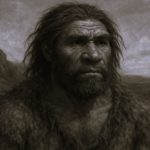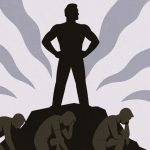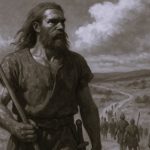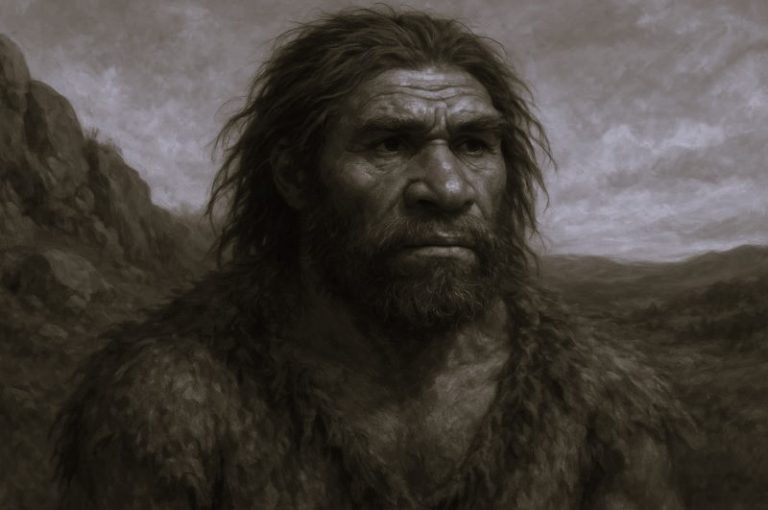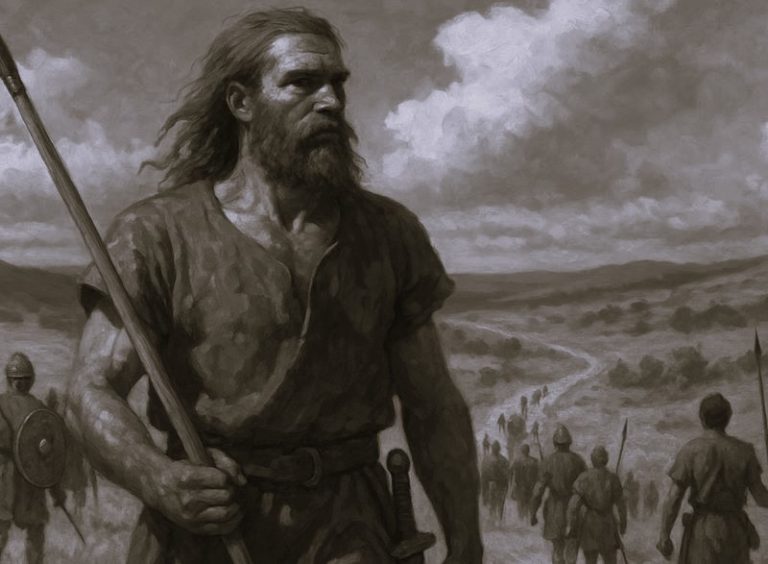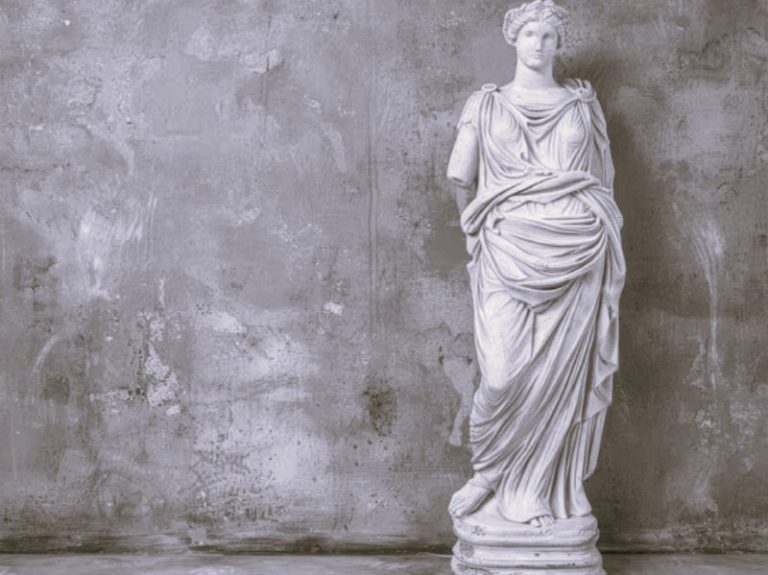
American classical literature reflects eternal truths of universal significance. It is a must for any educated person to read these works.
1. “Moby Dick,” Herman Melville
‘Moby Dick’ is the central work of American Romanticism. The epic story of Captain Ahab’s fierce hate bordering on madness for the white sperm whale is full of Christian allusions and subtle metaphors. They reveal the full range of human relationships with God, the elements, and oneself.
Apart from the deep philosophical subtext, the novel is precious from a cultural and historical point of view. No fiction book tells you as much about whaling as Melville’s novel.
2. “Martin Eden”, Jack London
London’s strongest and most profound novel could be considered partly autobiographical: there are many similarities between the writer and Martin Eden. Perhaps that is why the book is so fascinating and philosophically problematic. The author tried to find answers to the questions that concerned him during his life.
“Martin Eden” is the most curious attempt of American literature to combine European Nietzschean ethics with current religious and social-humanist teachings. The novel provides a definitive answer to why waiting for the arrival of the superhuman is pointless. From either side of the Atlantic Ocean.
3. “The trilogy of desire, Theodore Dreiser
The “Trilogy of Desire” cycle includes three works, The Financier, The Titan, and The Stoic. The novels are linked by a single storyline and describe the life of Frank Cowperwood, a successful capitalist of the early twentieth century.
Dreiser not only gives the widest panorama of the social and economic life of the United States at the turn of the century but also reveals the moral and ethical problems of the capitalist world. The world in which we all live today. The book shows that financial activity is also an art, a complex combination of intellectual and egoistic actions.
4. “Goodbye, Guns!” by Ernest Hemingway
One of Hemingway’s most famous novels intertwines the themes of love, war, and humanism. A pure, bright feeling between an American soldier and an English nurse arises in the face of ruthless butchery. It is also where the feelings are destined to go out.
This anti-war novel is a prime representative of the literature of the “lost generation”. After reading it, one becomes so disgusted with death that it makes one realize that literature is the most effective weapon against war.
5. “Grapes of Wrath”, John Steinbeck
The Great Depression in the United States led to an acute shortage of jobs, forcing people to migrate to more prosperous areas in search of livelihood. The novel Grapes of Wrath tells the story of one family looking for a better life.
The miserable, impoverished existence of American farmers is shocking. It creates a completely unexpected image of America. The novel reveals the reality of the Great Depression, which cannot be found in the pages of any history book. So once you have read it, you will no longer have a problem with your history studies. At least within this historical period. And if you do have problems, you can always use homework help history to complete your assignments properly.
6. “The Catcher in the Rye” by Jerome D. Salinger
Salinger’s novel has a huge cultural impact. It is perhaps the most famous work of our time. What made it so popular?
The answer is quite obvious: Salinger was poignantly and directly expressed the position of adolescent rejection of social values. Each of us has gone through a stage of this rejection, but each has eventually become a prisoner of the life imposed on him.
This book is a longing for a better world, so far away from the real world with its paradoxes, follies, and complexities.
7. “Cat’s Cradle,” Kurt Vonnegut
Any novel by a writer can rightly be on this list. No one has made better sense of the twentieth century than Vonnegut.
The madness and irrationality that ruled during this time expose their existence in the horror of nuclear war. Or any war, in fact. What is the point of ethics, morality, religion if the history of mankind is a history of war and murder?
People weave their history as if they were tying threads around their fingers. Let this construction be called “Cat’s Cradle”. Why? Who cares, because there is no cat in the cradle, and no meaning in the historical process, anyway. The author received a master’s degree in anthropology for the novel. The fiction has been graded according to the criteria of a scientific dissertation. So it is really worthwhile.

